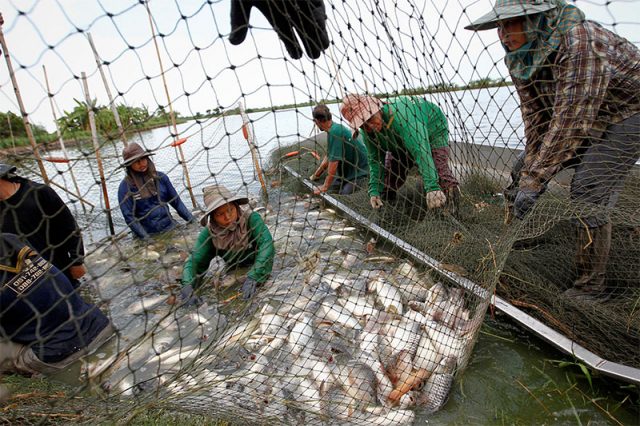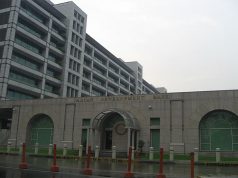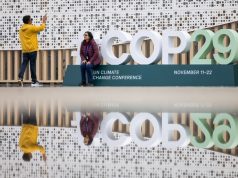
SINGAPORE— More than 90% of the world’s marine food supplies are at risk from environmental changes such as rising temperatures and pollution, with top producers like China, Norway and the United States facing the biggest threat, new research showed on Monday.
“Blue food” includes more than 2,190 species of fish, shellfish, plants and algae as well as more than 540 species farmed in fresh water, helping sustain 3.2 billion people worldwide.
But not enough is being done to adapt to growing environmental risks, a study published in the Nature Sustainability journal said.
“Although we have made some progress with climate change, our adaptation strategies for blue food systems facing environmental change are still underdeveloped and need urgent attention,” said Rebecca Short, researcher at the Stockholm Resilience Centre and co-lead author.
Overproduction in the industry, which has driven the destruction of wetland habitats, has caused significant environmental damage but other “stressors” are also impacting the quantity and quality of blue foods.
They include rising sea levels and temperatures, ocean acidification, changes in rainfall, as well as non-climate factors like algal blooms and pollution from mercury, pesticides or antibiotics.
“Vulnerability caused by human-induced environmental change … puts blue food production under a lot of pressure,” said Ling Cao, professor at China’s Xiamen University, who also co-wrote the paper.
“We know aquaculture and fisheries support billions of people for their livelihoods and their nutritional security.”
China, Japan, India and Vietnam account for more than 45% of global landings and 85% of aquaculture production, and the study said reducing their vulnerability should be a priority. Small island nations that depend on seafood are also especially vulnerable.
Cao said a U.N. treaty on sustainable development in the high seas, signed in March, could enable stakeholders to act in the common interest when it comes to protecting blue food resources but other risks are on the horizon.
Nauru in the Pacific Ocean is at the forefront of efforts to mine ocean beds for metals, which environmentalists say can cause immense damage to marine life. Norway, another major seafood producer, also came under fire last week after announcing it would open up sea areas to mining.
“Ocean floor mining will have an impact on the wild fisheries population,” said Cao. “Many scientists are now calling on governments to evaluate where they do ocean mining in order to minimize the impact.”
—Reporting by David Stanway; editing by Robert Birsel









